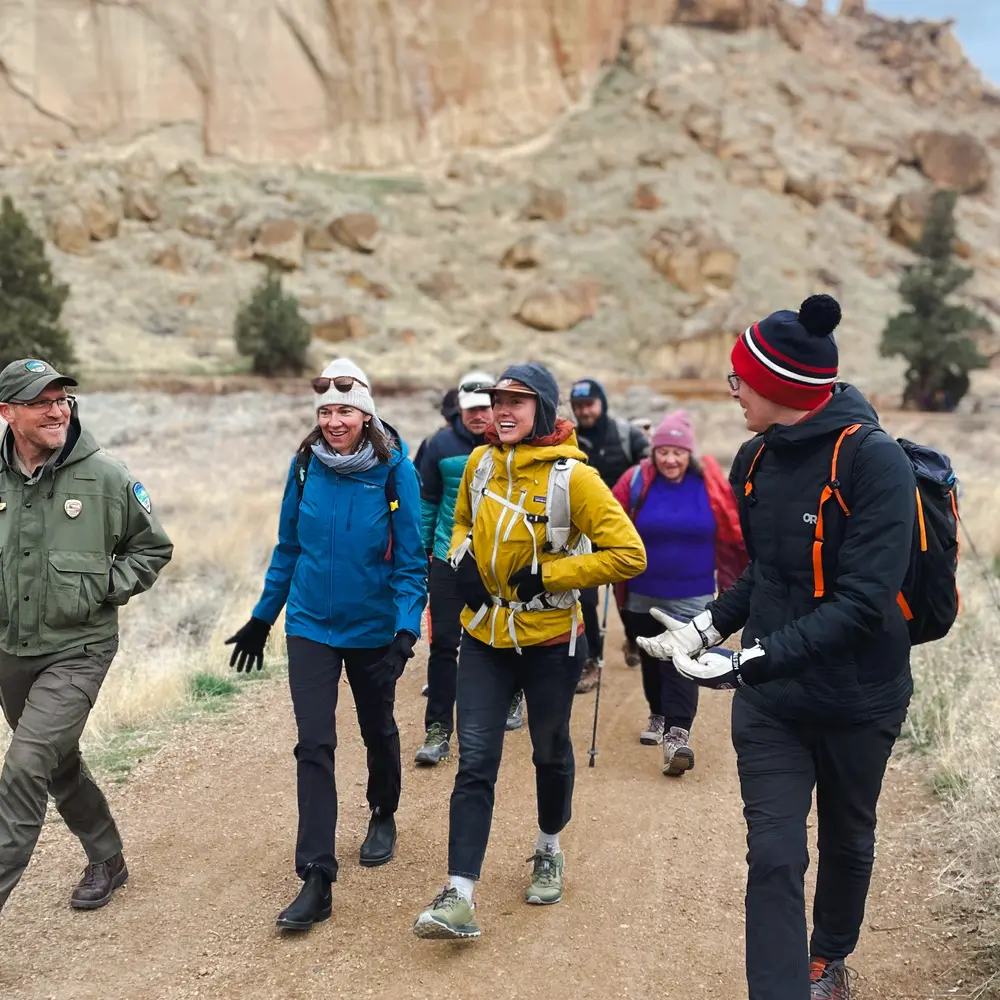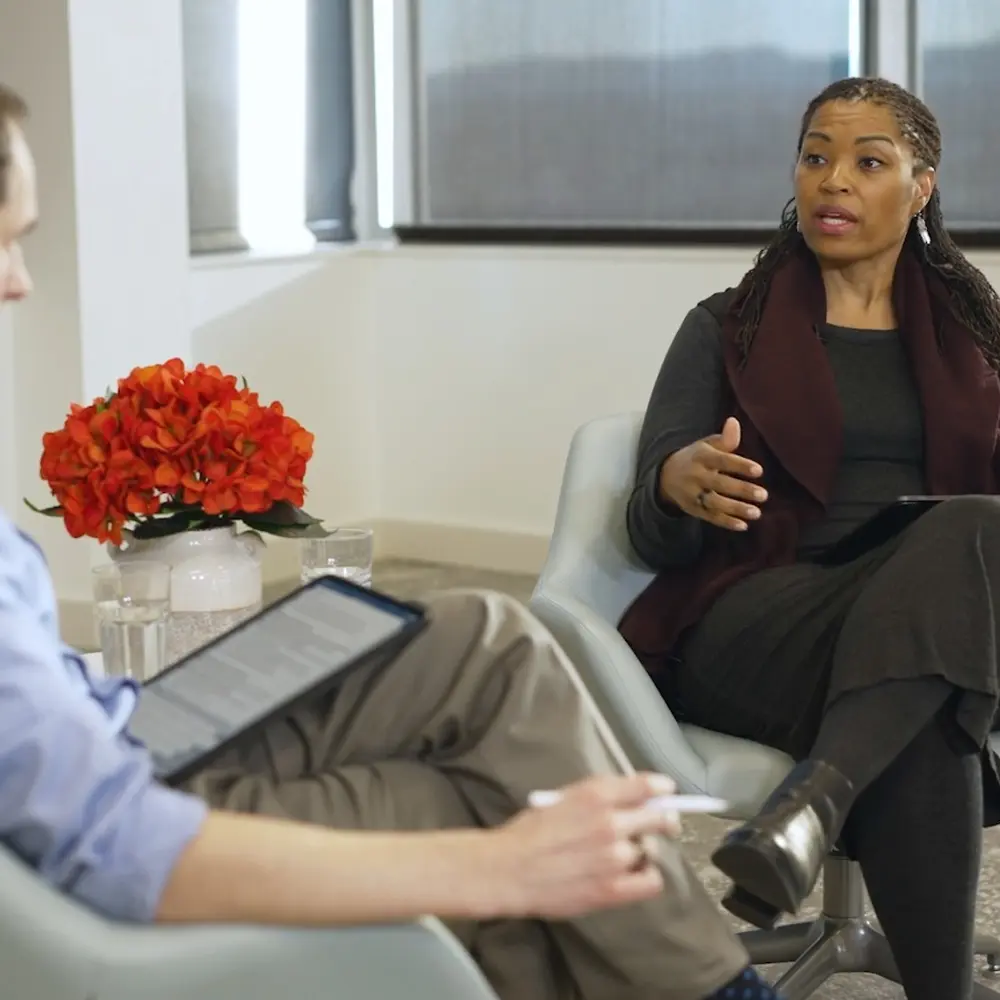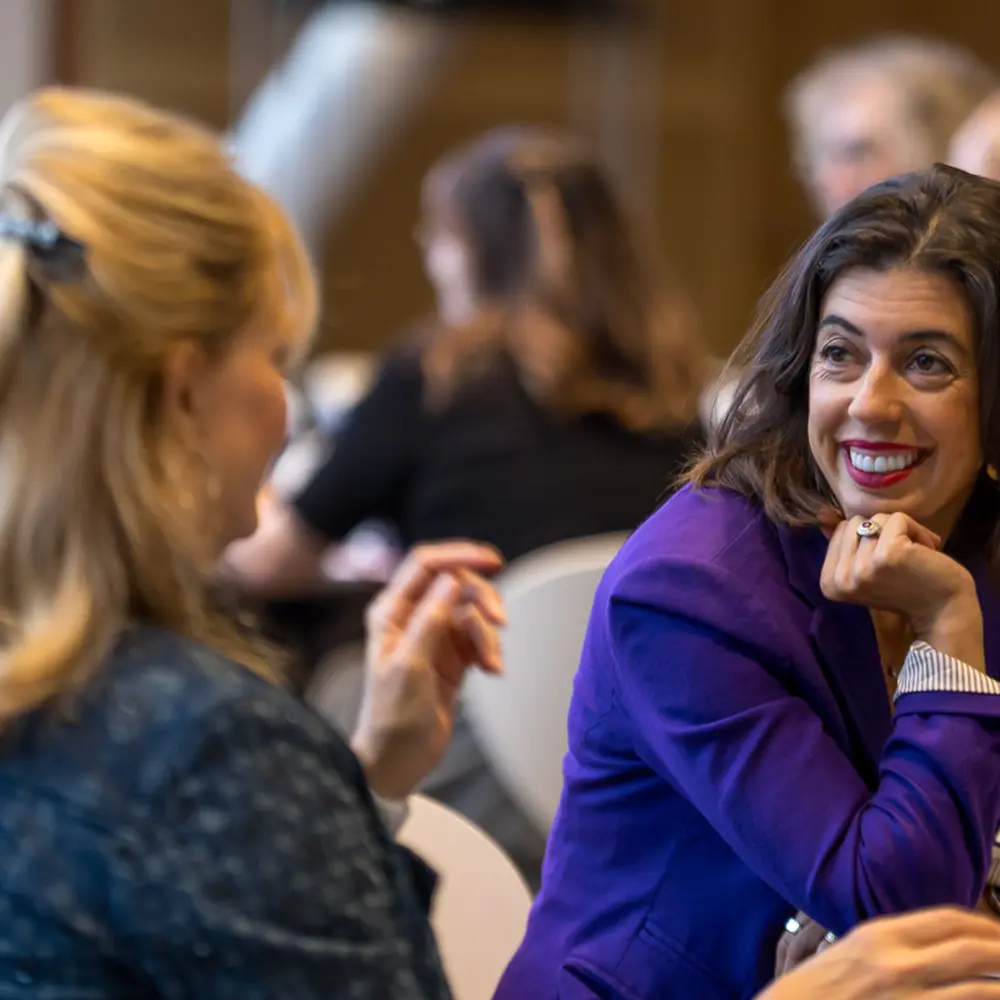For fifty years, the Murdock Trust has sought to work in impactful and relational ways in the Pacific Northwest, honoring our donor’s intent to work with both humility and conviction. This has meant pooling our expertise with those who hold similar and dissimilar points of view. We look to those closest to issues for joint problem solving and focus on productive disagreement versus polarizing debates. We seek to foster an environment where all voices can be heard, ensuring that community voices lead conversations about local needs. Though I know we do this imperfectly, we’ve deliberately chosen to listen more than we speak.
We’re living through one of the most dynamic and challenging periods in recent memory for nonprofits. Demand for social services is soaring while funding sources shift beneath organizations’ proverbial feet, inviting communities to find new voices and creative solutions to bridge widening gaps. The ecosystem of giving has never been more important or more front and center than it is today. I have been heartened to see so many organizations leaning into this challenge, seeking new approaches to giving.
As foundations reimagine giving and support (see The Collins Foundation’s new relationship-driven process, state nonprofit associations’ increased set of resources, etc.) the Trust has also recognized a need to give beyond our 5% requirement. We did this in the unprecedented moments of 2020 and 2021, and we continue this philosophy by giving more than $38 million beyond our IRS requirements in 2024, with projected distributions of more than $23 million beyond the requirements in 2025. Building on our learnings providing agile funding during the COVID-19 pandemic, we have introduced a Social Impact Fund to provide rapid response grants in moments of critical need to targeted nonprofits. Like our peer foundations, we are truly considering what is needed of us in this moment, and adapting our processes to make it possible and sustainable.
Recently, we have felt compelled to join with many peer foundations to use our voice for philanthropic freedom. New proposed policy changes would replace the current flat tax on private foundations with a tiered system based on asset size. While this may sound reasonable on the surface, and while the intent may include sound reasoning, the impact on nonprofits would be immediate and profound: significantly less funding flowing to nonprofits at precisely the moment they need it most. At a time when we want more private support for community needs, it is hard to imagine how increased taxes on private foundations is the best solution for all. Beyond the immediate reduction in grant dollars, these changes may fundamentally alter how foundations like ours operate, reducing our ability to engage as sustained community partners providing multi-year support and continued collaboration.
Research tells a consistent story: restrictions on charitable giving reduce overall philanthropy, while removing barriers increases it. At a time when nonprofit demand is high, policies that shrink the philanthropic pie serve no one well. This is about preserving the ability to give and maximizing private resources to serve public good. It is also about increasing our understanding and awareness of the importance of the social sector; a sector that holds the public’s trust and often sits on the frontlines of the greatest human needs and opportunities our communities hold.
This conversation requires ongoing dialogue between philanthropic leaders, policymakers, and communities. Together, we must work toward policies that strengthen, rather than diminish, opportunities for private charitable giving. And we do this for the sake of continued support for the nonprofits providing opportunities for flourishing to all.
-Romanita Hairston, CEO







